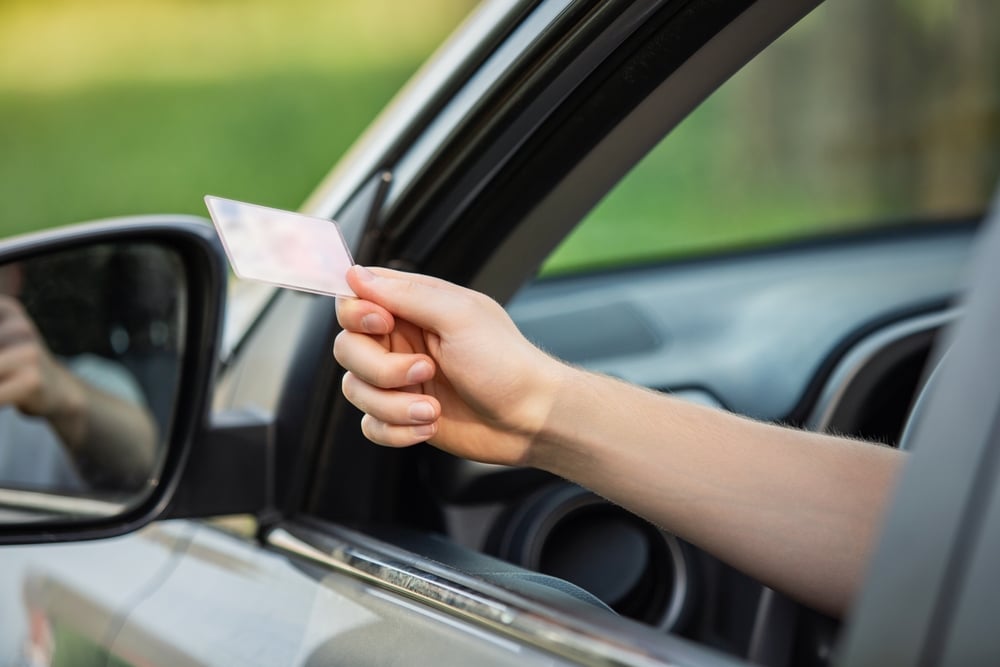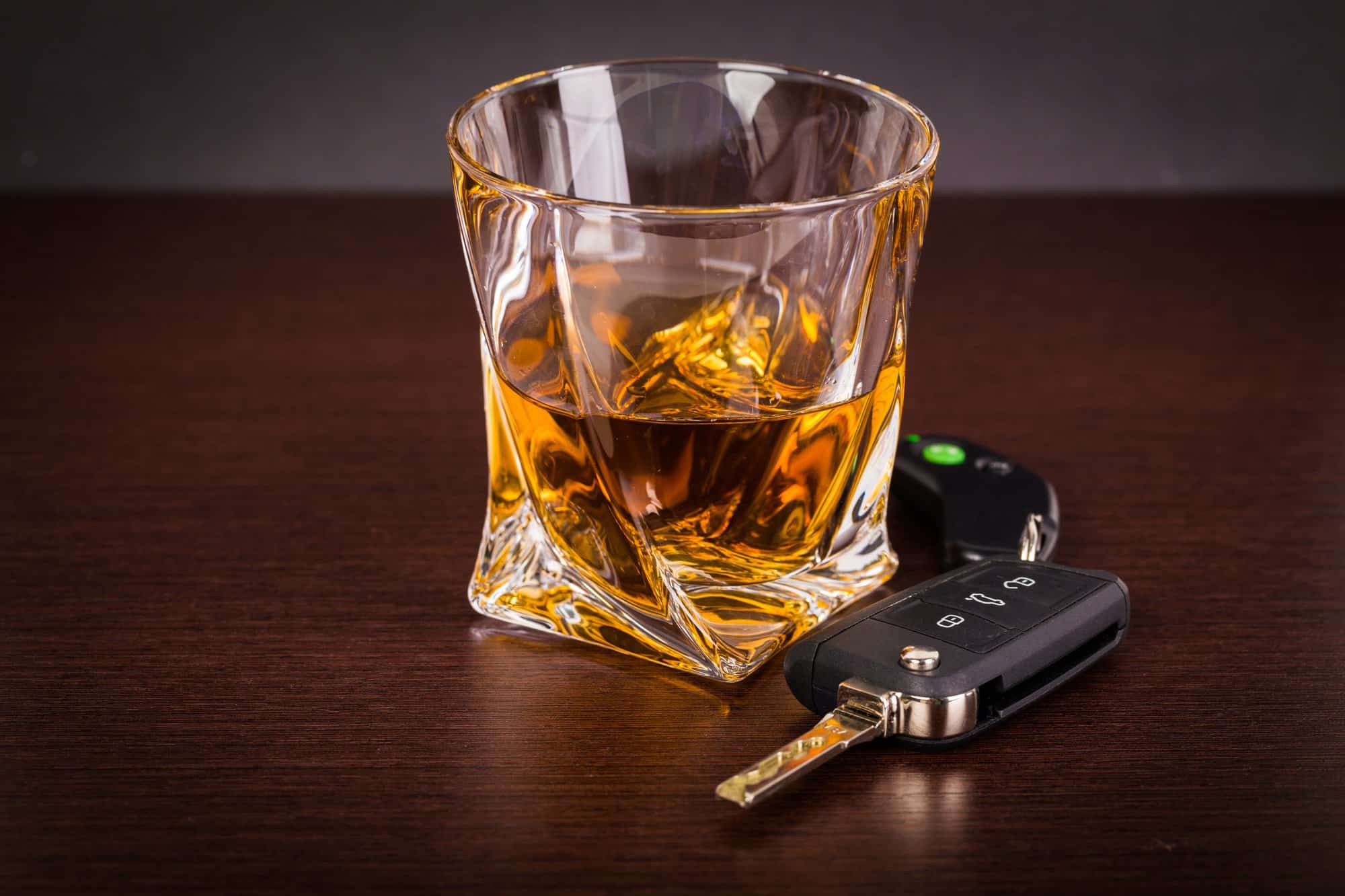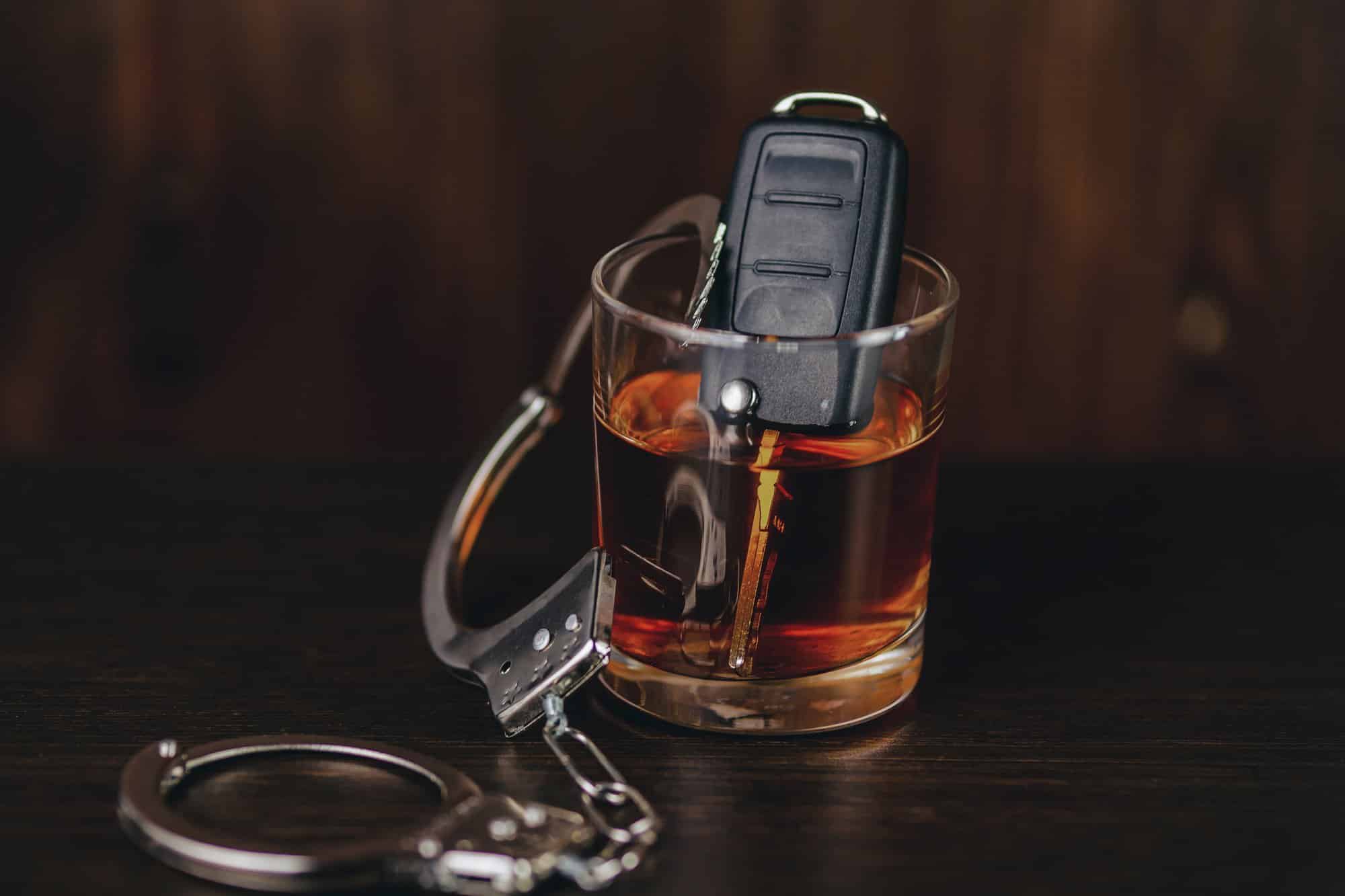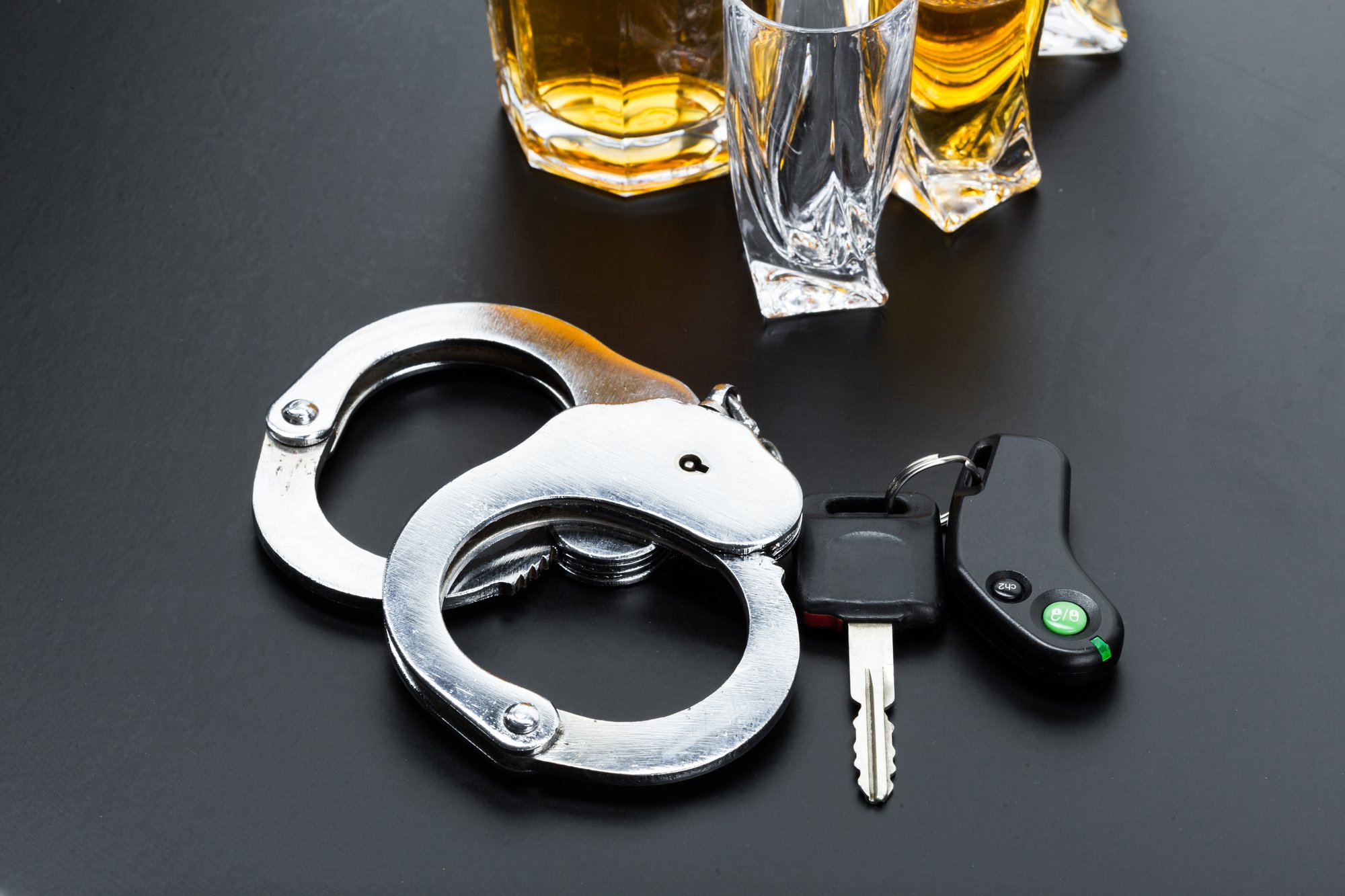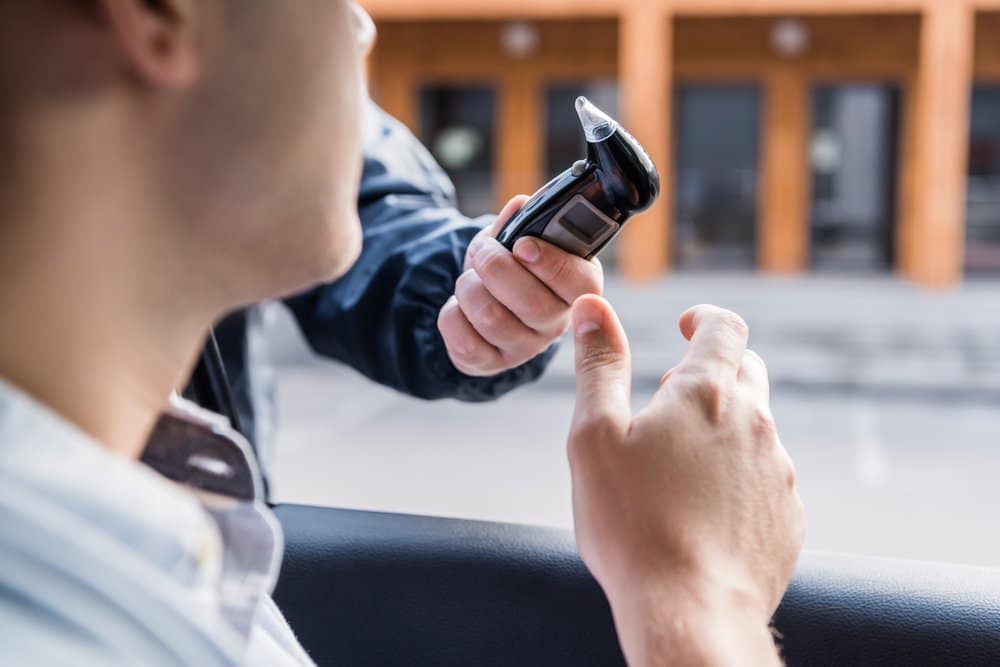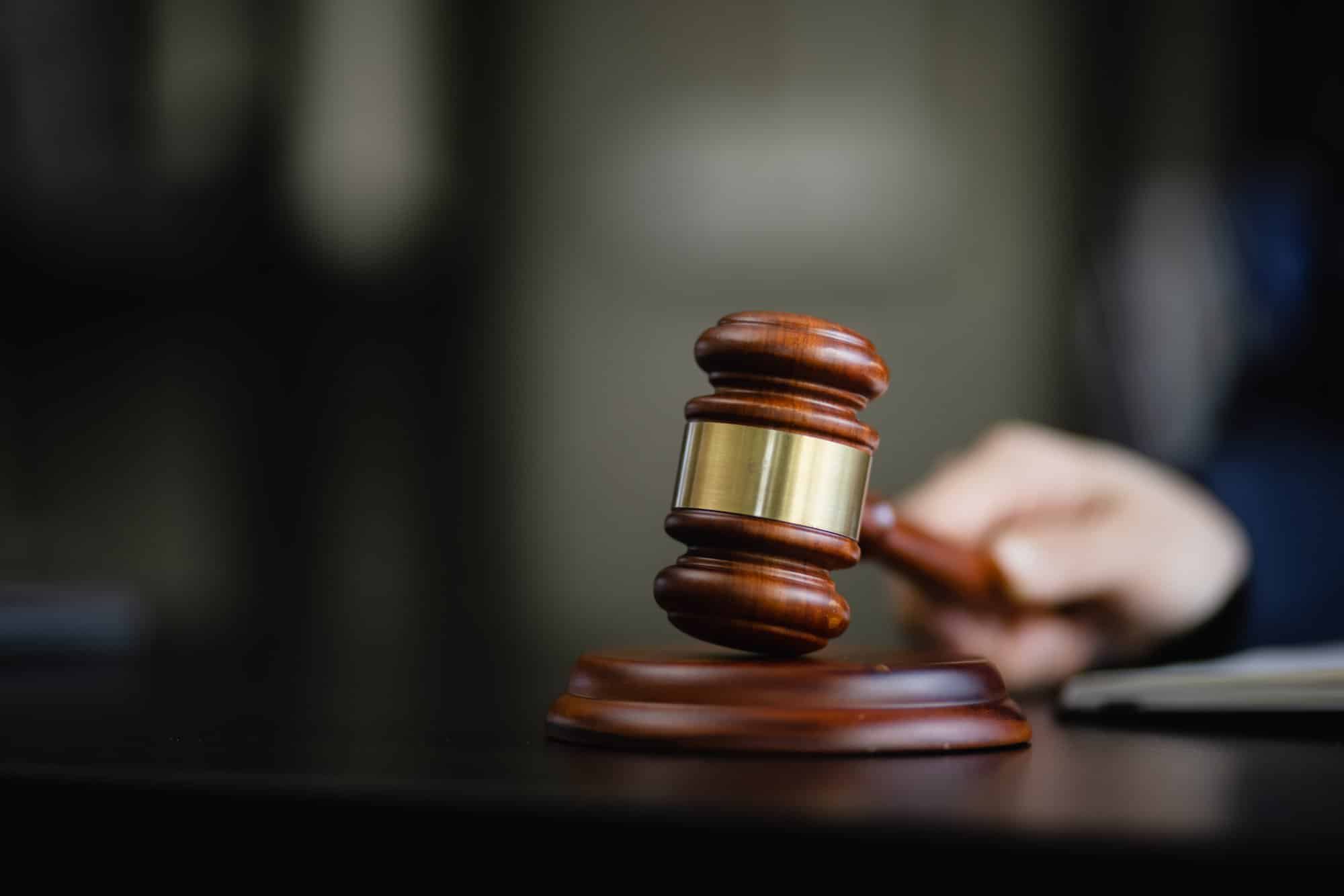Loss of your license after a drug or alcohol DWI can have a negative impact on your life and livelihood — it can affect your ability to drive to school, travel to work, and carry out your daily errands. In limited situations, you may be eligible for a hardship license if your license has been suspended due to an impaired driving offense. In order to obtain these privileges, you must be able to establish that you would suffer an “extreme hardship” by being unable to drive to certain locations.
What is a Hardship Hearing?
If you are charged with a DWI, the court may suspend your driver’s license pending the outcome of your case. This is usually done at the arraignment. However, under New York Vehicle and Traffic Law §1193(2)(e)(7)(e), you may be granted a hardship license if you can establish that an “extreme hardship” would be imposed on you by not being able to drive. You must specifically apply for a hardship license and attend a hearing in court, which is to be conducted within three days of arraignment.
The burden of proving an “extreme hardship” is on you as the licensee — inconvenience is not enough to demonstrate that you should be granted a conditional license. You must be prepared to provide “material and relevant evidence” to support your argument. The court will not base its findings solely on your testimony. Evidence a court may consider can include documents that show the proximity of public transportation, bus or train schedules, testimony from a family member, and proof that the cost of other transportation would be cost prohibitive.
Who is Eligible for a Hardship License in New York?
A hardship license is conditional and does not grant you full driving privileges. If you violate the terms, the hardship license would be revoked. Specifically, this type of license may only be granted if you can show that you are unable to find alternative means to travel to or from any of the following places:
- Your place of employment
- Medical treatment for you or someone in your household
- An accredited school, college, or university if such travel is necessary to complete a degree or certificate
If you are granted a hardship license, you may only travel to and from court-approved destinations. The court will also permit you to travel to an impaired driver program as well as activities that are an authorized part of it. In addition, the court may allow you to drive to and from your child’s school or daycare if the child’s attendance is necessary for you to maintain your employment or school enrollment.
Notably, you cannot be granted a hardship license if you had a previous DWI conviction within the past five years or refused the breathalyzer prior to arrest. Refusal to submit to a chemical test results in an automatic license revocation — and a separate DWI refusal hearing must be conducted at the DMV. Additionally, hardship licenses are not valid for the operation of a commercial motor vehicle.
Contact an Experienced New York Criminal Defense Attorney
If you’ve been charged with a DWI, it’s crucial to have a skillful criminal defense attorney by your side who can protect your rights — and driving privileges. The DWI attorneys at D’Emilia Law offer trusted representation and dedicated advocacy for those who have been charged with impaired driving offenses and are committed to securing the best possible results in each case. To schedule a consultation, contact us at 1-888-DEMILIA.

